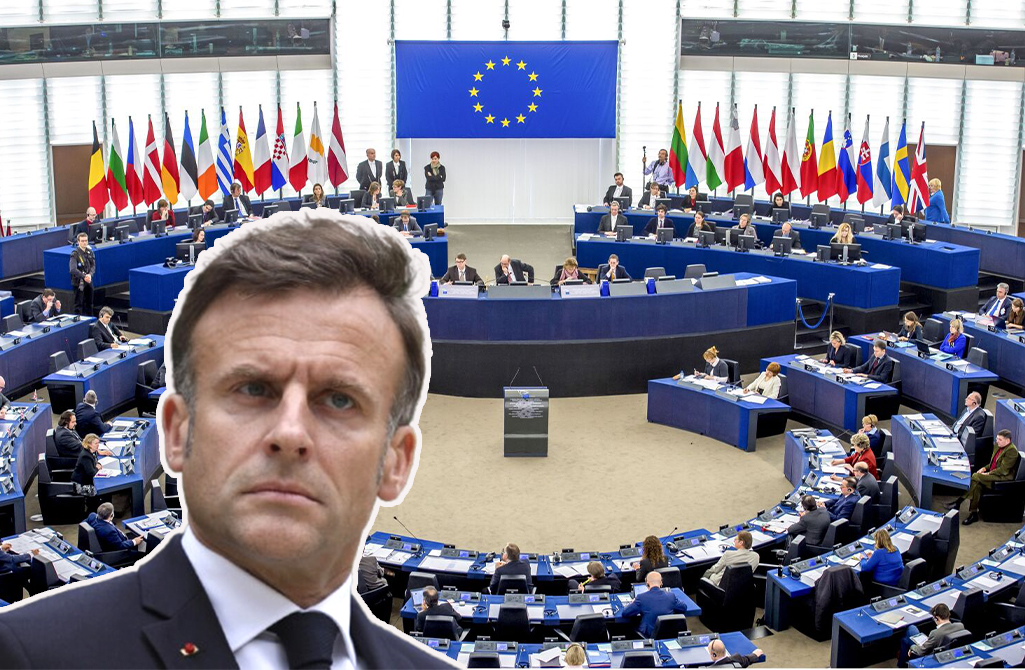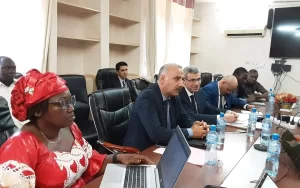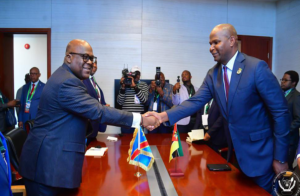Africa’s quest for sovereignty: Is Europe following France’s lead in silencing Pan-African voices?

Africa, endowed with vast resources and a dynamic youth, is striving for full sovereignty. However, certain international players—most notably France—appear determined to obstruct this legitimate aspiration.
By urging the European Union (EU) to suppress and sanction Pan-African voices advocating for the continent’s independence, Paris risks jeopardizing Euro-African relations, which are crucial for a shared future.
With its historical influence in Africa, France has often sought to maintain a status quo that serves its interests. Recently, initiatives aimed at restricting the voices of Pan-African leaders—accused of threatening traditional partnerships—have emerged.
These maneuvers, backed by certain European circles, risk stifling Africans’ rightful ambitions for true political and economic autonomy.
By aligning with this approach, the EU risks alienating Africa’s new generations, who are increasingly aware of their rights and determined to assert their sovereignty.
Instead of adopting punitive measures, Europe should prioritize dialogue and mutual respect. Euro-African relations must be based on equality and cooperation, rather than dominance or repression.
It is time for the EU to distance itself from France’s strategy of silencing Pan-African movements.
By supporting a free and sovereign Africa, Europe can build a lasting and mutually beneficial partnership. Reason must prevail: Africa’s future belongs to Africans, and the EU should act as a partner, not an obstacle.
Souley Lamina











